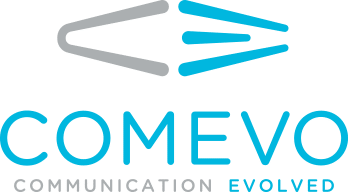First Year Experience programs and courses were designed to assist students in the transition from high school to college to promote student success. Many programs start with a mandatory orientation and then offer courses such as “Freshman 101” for the first semester of students’ college career. Ultimately, the goal is to improve student retention rates and overall success.
First year students find it hard to succeed or eventually drop out for a variety of reasons. Some of the most common issues involve poor preparation, impersonal faculty-student relationships, outside demands, financial troubles or lack of social support. While some of these issues derive from outside forces, universities can promote student retention by offering courses that address these issues such as educational planning, mental health, strategic learning, stress management, time management and involvement in campus activities. In general, first-year students who participate in first-year seminars are more likely to persist into the third semester than those who do not, even when monitoring for other non-school related variables that may influence the outcome.
Oregon State University, has found the best way to ensure that students return for their sophomore year is to “help them connect to campus in a meaningful way”. In order to achieve this, students must feel engaged and able to integrate into the campus community. Colleges and universities across the country have created unique and engaging ways to help students feel connected. Below are some examples of how:
“Food for Thought” at UC Berkeley
Freshman and Sophomore Seminars designed to help students converse with faculty through a small, interactive class, building student’s confidence about approaching faculty in other contexts. Freshman students are able to connect with faculty in an information context while sharing a meal.
LSU partners with MyStudentBody.com
LSU’s Student Health Center utilizes technology by partnering with mystudentbody.com, an online comprehensive health education program designed to reduce the risk of drug and alcohol abuse and sexual violence among college students.
Experiential First-Year Learning at UNC Chapel Hill
First year students can delve into hands-on research ranging from traveling to a farmers market to study the effects of globalization to a trek to the mountains of California to collect geological data. These small, one-of-a-kind classes increase engagement and allow students to transition into a global research university.
Common Reading Experience at Appalachian State University
Since 1997, freshman students have been asked to read a book as part of their orientation to Appalachian. By participating, students establish a common experience with other new students that help to develop a sense of community with their new environment.
Diagnostic Digital Portfolio
Alverno College was the first to introduce a DDP, Diagnostic Digital Portfolio, which enables students to follow their learning progress through their years of study. It helps students process the feedback they receive from faculty and peers.
As more and more institutions realize the high impacts the first year experience has on student success, unique student engagement programs are being created. Many schools are also beginning yearlong programs to support students throughout their entire first year, not just the first semester or quarter. Utilizing multiple engagement methods such as field trips, in-person classes and an extended orientation model through online “trainings” can boost participation and connect with a larger amount of students.
If you are interested in speaking to Comevo about your first year program at your institution, please contact us at sales@comevo.com and we’d be happy to discuss your needs and how we can help support your program.





